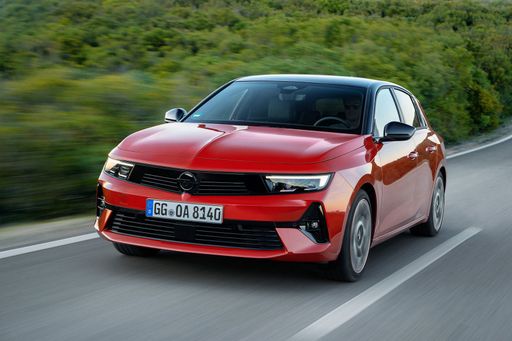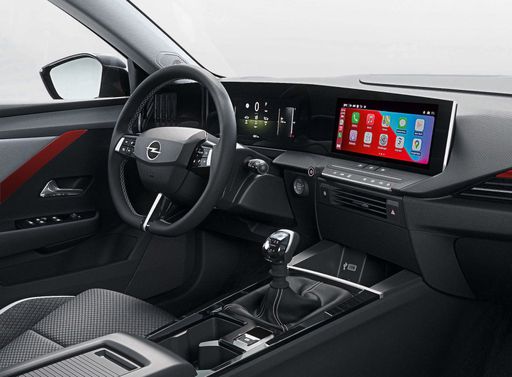Opel Astra vs Toyota C-HR: A Detailed Comparison of Two Automotive Contenders
The compact car segment is buzzing with excitement as two prominent contenders, the Opel Astra and the Toyota C-HR, vie for attention. Both vehicles, while distinct in their offerings, share similarities that cater to the modern driver's demands. Let's delve into the technical details and innovative features that set these models apart








